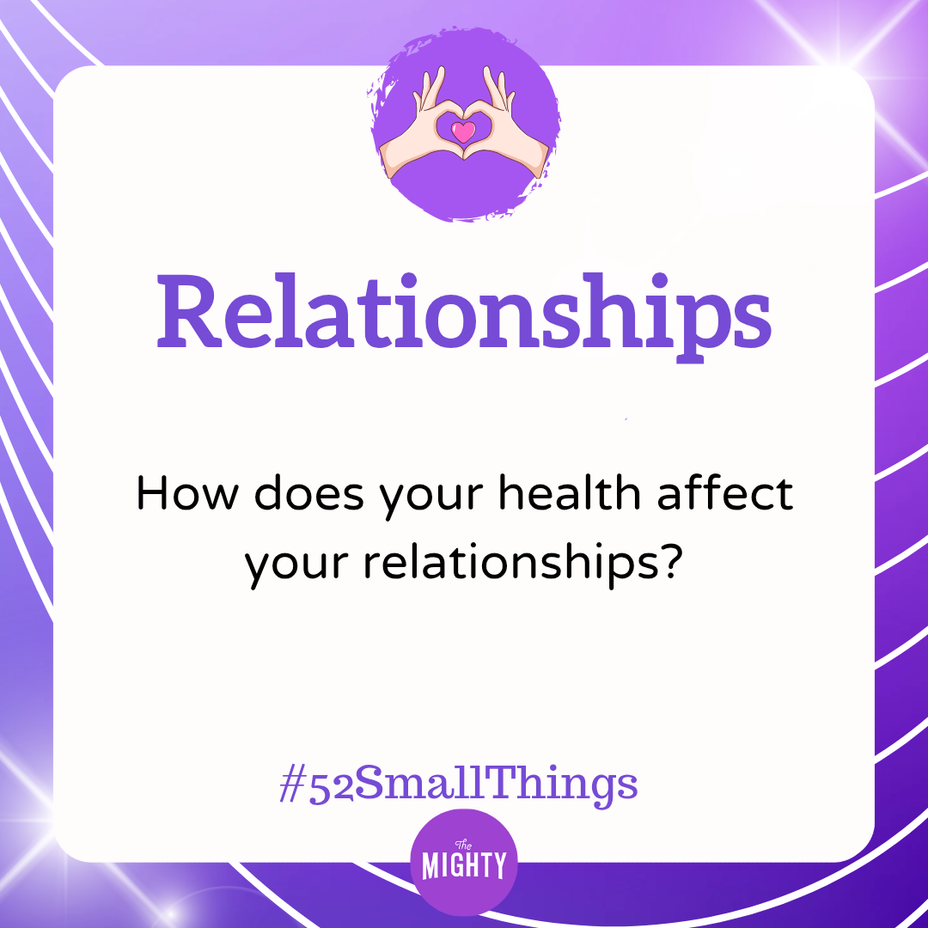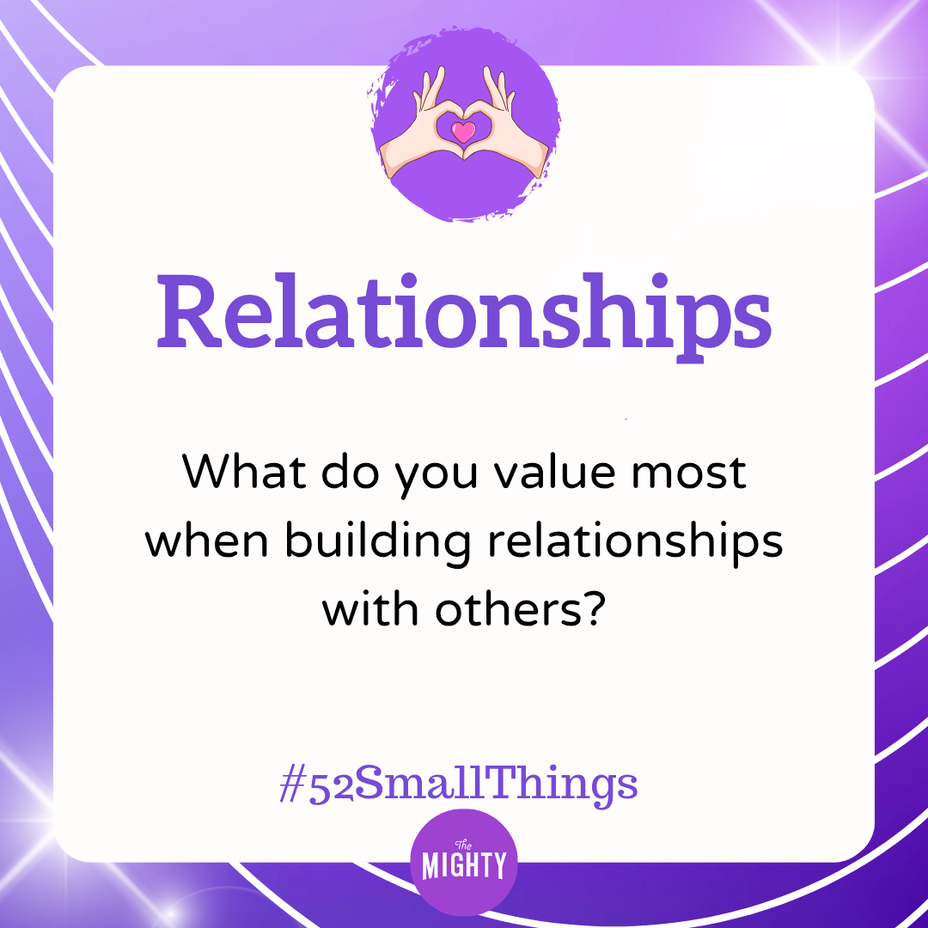Neurodivergent And Disability Definitions
Neurodivergent And Disability Definitions
Emotional Dysregulation
Difficulty regulating emotional responses, often felt as intense emotions, overwhelm, or trouble calming after distress.
Open To Read More
Emotional dysregulation describes ongoing difficulty regulating emotional responses. Emotions may arrive quickly, feel especially intense, last longer than expected, or be hard to shift once activated.
This experience is common among Autistic and ADHD people, as well as people with trauma histories. It reflects differences in executive functioning, nervous system regulation, sensory processing, and emotional integration — not a lack of effort, maturity, or insight.
Emotional dysregulation can show up as emotional overwhelm, rapid shifts in feeling states, or a need for more time and support to settle after distress. When emotions are high, it can temporarily affect communication, decision-making, and relationships, particularly when there isn’t space to pause and regroup.
Emotional dysregulation isn’t a character flaw. For many people, emotions become easier to manage when the nervous system has more support — things like sensory regulation, predictability, safety, co-regulation, and time to recover. When we take a nervous system view, the focus moves away from what’s “wrong” and toward what kind of support might help.
Double-Empathy Problem
Mutual misunderstanding between neurotypes, rather than a lack of empathy in Autistic people.
Open To Read More
First described by Dr. Damian Milton, the Double Empathy Problem suggests that misunderstandings between Autistic and non-Autistic (allistic) people arise from differences in communication and lived experience, rather than from a lack of empathy.
Milton argued that when people come from different neurological worlds, their ways of sensing, relating, and expressing can diverge enough that both may struggle to understand the other’s perspective.
Because dominant culture often frames Autistic ways of being as the problem, the Double Empathy framework reframes social difficulty as relational. Both sides can encounter barriers, and both are capable of understanding when there is reciprocal space, recognition, and shared language.
In practice, this shifts the focus away from fixing Autistic communication. What matters more is creating environments where different neurotypes can meet with space and clarity, guided by curiosity, mutual adaptation, and neurological humility — without assuming one way of processing is superior.









